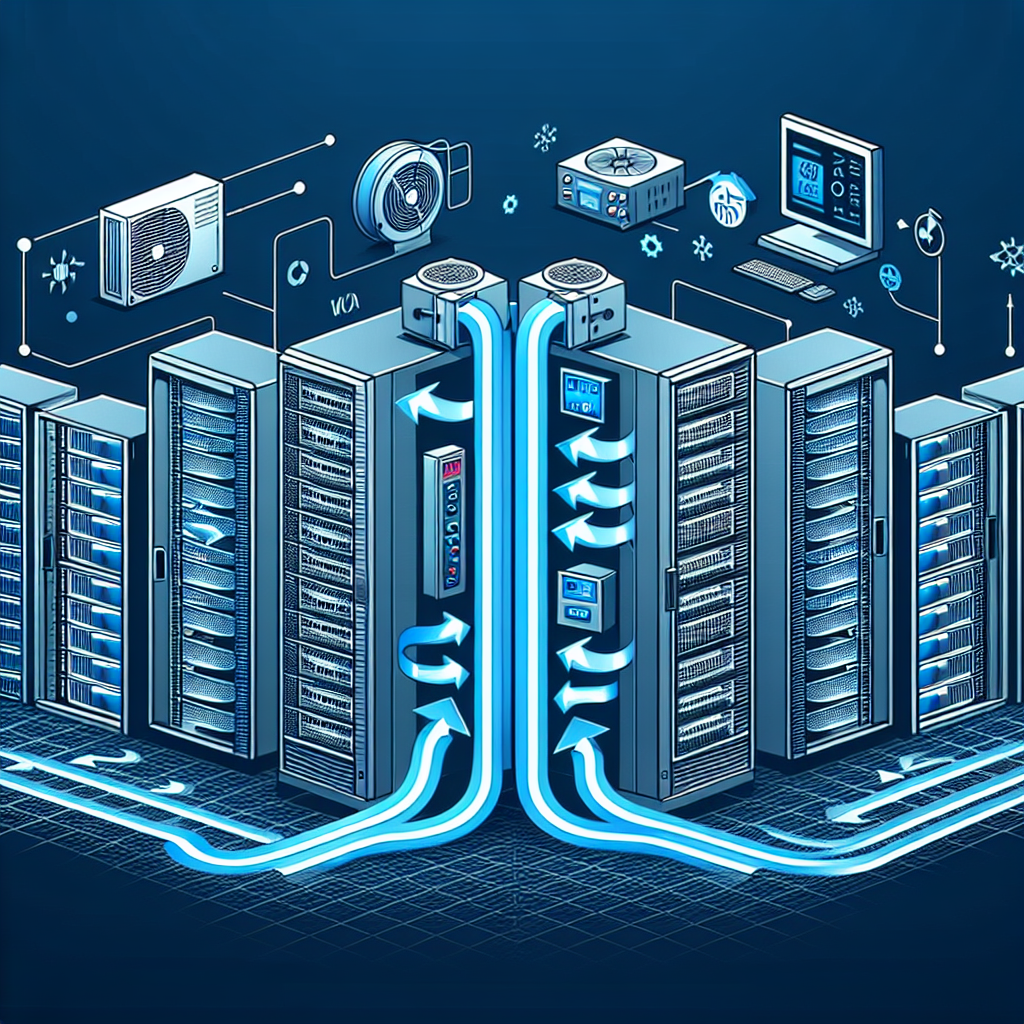In today’s digital age, data centers play a crucial role in storing and processing vast amounts of information for businesses and individuals alike. With the increasing demand for faster and more efficient data processing, the issue of cooling has become a critical factor in ensuring the performance and reliability of these facilities.
The impact of cooling on data center performance and reliability cannot be overstated. As data centers continue to grow in size and complexity, the amount of heat generated by the servers and other equipment housed within them also increases. Without proper cooling systems in place, this heat can quickly accumulate, leading to overheating and potential equipment failure.
One of the key challenges in maintaining optimal cooling in data centers is achieving the delicate balance between keeping the equipment at a safe operating temperature and minimizing energy consumption. Traditional cooling methods, such as air conditioning, can be effective but are often inefficient and costly to maintain. As a result, many data centers are turning to more innovative cooling solutions, such as liquid cooling and free cooling, to address these challenges.
Liquid cooling involves using a liquid coolant, such as water or a refrigerant, to absorb and dissipate heat from the servers. This method is more efficient than air cooling and can help reduce energy costs in the long run. Free cooling, on the other hand, takes advantage of natural cooling sources, such as outside air or groundwater, to cool the data center without the need for mechanical cooling systems.
By implementing these advanced cooling technologies, data centers can not only improve the performance and reliability of their equipment but also reduce their environmental impact. By reducing energy consumption and minimizing the use of harmful refrigerants, data centers can help lower their carbon footprint and contribute to a more sustainable future.
In conclusion, the impact of cooling on data center performance and reliability is undeniable. As data centers continue to evolve and expand, it is crucial for businesses to invest in efficient cooling systems that can effectively manage heat while minimizing energy consumption. By doing so, they can ensure the smooth operation of their data centers and maintain the integrity of the information stored within them.


Leave a Reply